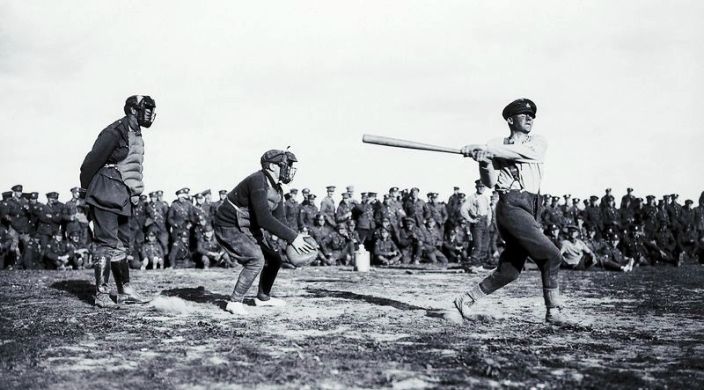
A Major League Baseball committee proposed new rules last month for using instant replay to correct the mistakes of umpires – and I’ve been thinking about how much easier things would be if we could just apply those rules to everyday life.
The rules, in a nutshell, go as follows: If a team manager thinks an umpire has made a mistake, he can challenge the umpire’s decision. The manager gets a certain number of challenges within parts of each game. When a challenge is issued, the umpire activates a direct line to an umpire who is sitting at a television monitor in New York. The umpire in New York reviews the play – from all angles on instant replay – and then lets the umpire on the field know whether he was right or wrong. Any necessary corrections are made on the field of play, and the game resumes.
Here’s how that might work in everyday life. Let’s say I do something that causes my wife, Barbara, to feel aggrieved. She has to immediately let me know. If she waits, she loses her chance. And, she has only a limited number of challenges. When the challenge is issued, we activate a direct line to our synagogue’s new assistant rabbi, who reviews what I’ve done – from all angles on instant replay. Fortunately for me, the instant replay is limited so that the rabbi doesn’t get to see what I’ve done before this. The rabbi then lets us know whether I was right or wrong. Any necessary corrections are made and life resumes. If I was wrong, I don’t even have to apologize.
If only it were that easy. In reality, we know there is usually no third party to help us find our way. The person who has done wrong and the party who has been wronged often have to engage in difficult and emotional conversation. In reality, sometimes there is no clear right and wrong, or both people were wrong. A person who has done wrong should apologize. And, perhaps most difficult of all, Judaism teaches us that we wrongdoers must take steps to reduce the chance we will engage in the same offensive conduct again.
Related Posts

Dear Israel: A Story of Love and Longing

Becoming B’nei Mitzvah at Any Age

